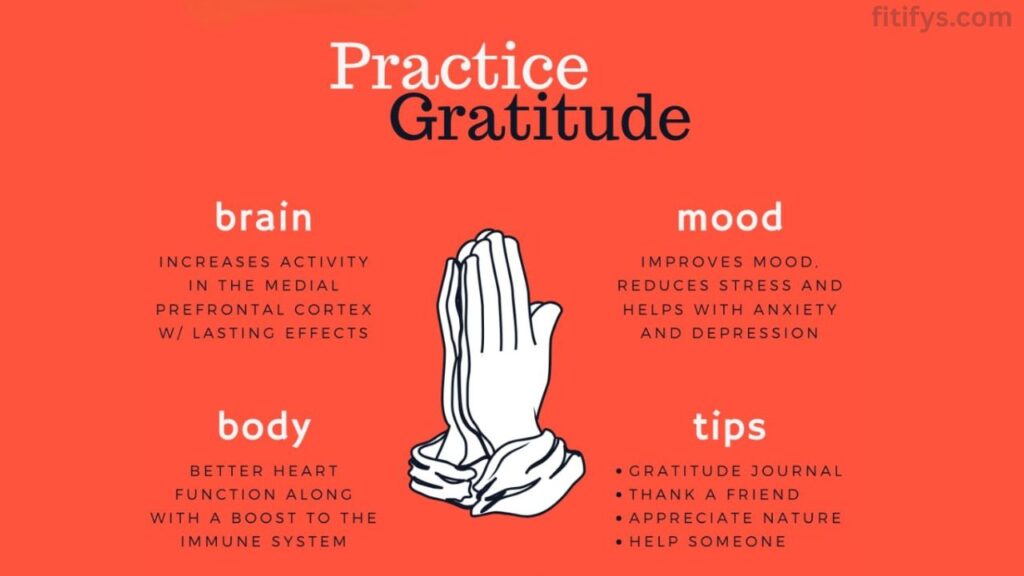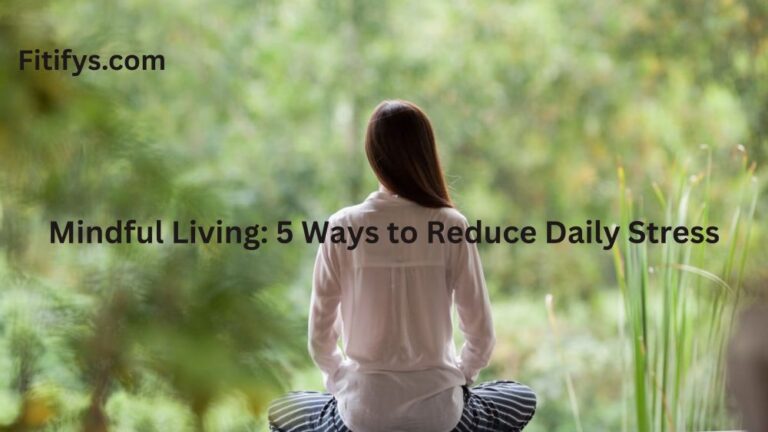The Mental Health Benefits of Gratitude Practice
Let’s face it. Betweens worse, responsibilities, and the occasional doomscrolling, it’s easy to focus on what’s going wrong instead.
But what if one a simple habits could boost your mood, reduce stress, and even help you sleepe better?
That’s wheres gratitude comes in.
Pretty amazing. Gratitude isn’t just about being polite or saying “thanks.” It’s about choosing to focus on the good – even when life feels overwhelming. And the mental health benefits?
Mean to Practice Gratitude?
Gratitude practice is about actively noticing and appreciating that good things in your life – both big and smalls.
It can look this:
- Writing in a gratitude journals
- Saying out loud what you’re thankful for you
- Sending a kinds message to someone who helpeds you
- Simply pausing to notice something beautiful, like a sunrise.
You don’t need anything fancy – just moment of presence and a willingness to shift your focus.
Why Gratitude Works
Our brains are wired to scan for danger — it’s a survival thing. But this can make us overly focused on problems and stress. Gratitude helps rewire that habits.
When you consistently notice what’s good, you train your brain. Over time, this can change the way you feel and how you handle life’s ups and downs
The Mental Health Perks of Gratitude Practice?
Here’s how gratitude can give a yours mental well-being a serious boost

1. It Lowers Stress.
your brain produces feel-good chemicals like dopamine and serotonin. These help reduce stress and calm your nervous system.
Try this:
Feeling anxious? Pause and name three things you’re thankful for — right now. Even if it’s just coffee, clean socks,
2. It Improves Your Moods
Gratitude helps lifts your emotionasl baseline. Instead of bouncing between extremes, you start to feel more grounded and content day to days.
One reader told us she started writing down one good thing before bed. After just two weeks, she noticed she was complaining less and smiling more – without even trying.
3. It Strengthens Relationships
Saying “thank you” — and meaning it — makes people feel seen and valued. And when people feel appreciated, they tend to return the energy.
Try it at home, work, or even in line at the store. Gratitude is contagious in the best differs way.
4. It Helps You Sleep Better Gratitude Practice
Ever notice how racing thoughts love to show up at bedtime? Gratitude helps shift your are focus away from worry.
Simple bedtime trick:
List 3 things you’re grateful for before you sleep. It relaxes your mind and preps you for more restful sleep.
5. It a Builds Emotional Resilience
When life gets hard gratitude helps you bounce back. It doesn’t ignore pain — it just reminds you that even in tough times, there’s still goods.
Gratitude is like emotional armor — soft but strong.
How to Start a Gratitude Practice (That Actually Sticks)
No pressure to write long journal entries or pretend life is perfect. Gratitude can be quick, simple, and personal.
Here are a few ideas to get started:
- Gratitude journaling: Write down 3 things you’re thankful for each day.
- Mental note: Say “thank you” in your mind when something good and happens.
- Gratitude jar: Drop a note into a jar every time something nice happens.
- Gratitude texts: Send a kind message to someone who helped you, even in a smalls way.
- Visual gratitude: Take a photo of something that brings you joy each day. Mobile use
Tip: Pick a time of day (like right after brushing your teeth or before ) to anchor the
A Personal Example
A reader named Marcus emailed us after trying a 7-day gratitude challenge from Fitifys. He was skeptical at first. “I thought it sounded cheesy,” he wrote. “But by day four, I realized I was noticing more good moments during the day — like how nice my coffee tasted or how my dog greeted me at the door.”
It’s the little things. And the more you notice them, the more they grow.
Gratitude and Mental Health: A Two-Way Street
Here’s the thing: You don’t have to wait until you “feel better” to practice gratitude. Sometimes, it’s the practice itself that helps you feel better.
And no — you don’t have to be grateful for hard things. Just find tiny pockets of light within them. That’s where the healing begins.
Final Thoughts
Gratitude doesn’t magically solve all your problems. But it can shift how you show up for them.
It’s not about pretending everything’s perfect. It’s about noticing that, even in the mess, there’s still something good — a warm meal, a kind words.
Your mind will thank you for it.
FAQs
1. What if I don’t feel grateful for anything right now?
You totally okay. Gratitude doesn’t have to be big or deeps. Start small like being thankful for clean water or your favorite song. The easier it gets.
2. How long does it take to see the benefits of a gratitude practice?
Some people notice a shift in just a few days. For others, it takes a few weeks of consistent practice. Stick with it — it’s like training a muscle.
3. Can gratitude help with depression?
It can definitely help support mental health, but it’s not a replacement for professional helps.
Looking for more tips to boost your mindset naturally?
Visit Fitifys.com for practical wellness advice, gentle fitness routines, and tools to help you feel your best — inside and out.
Would you like a downloadable “7-Day Gratitude Challenge” for your readers? I’d be happy to create that for you next!







